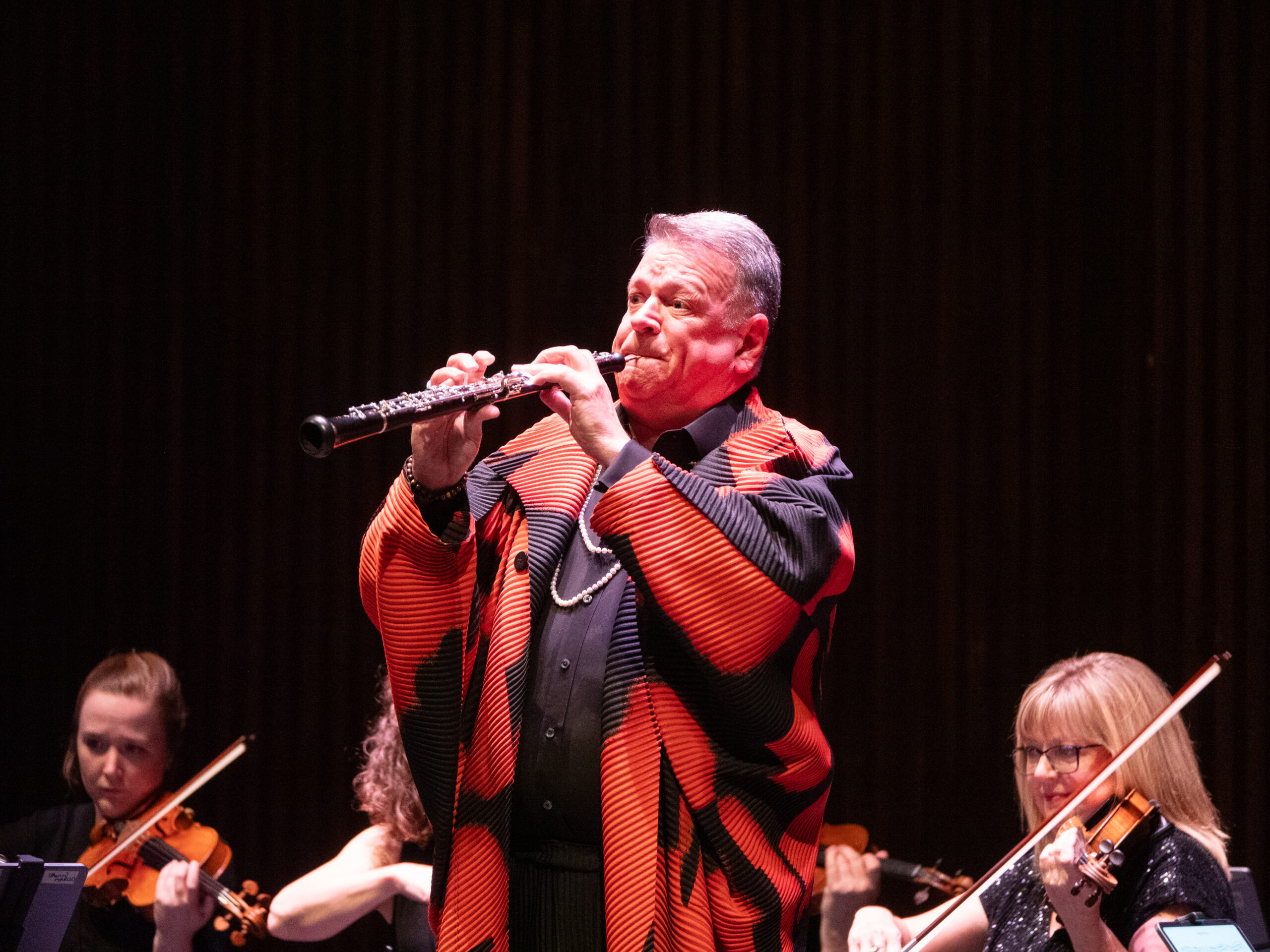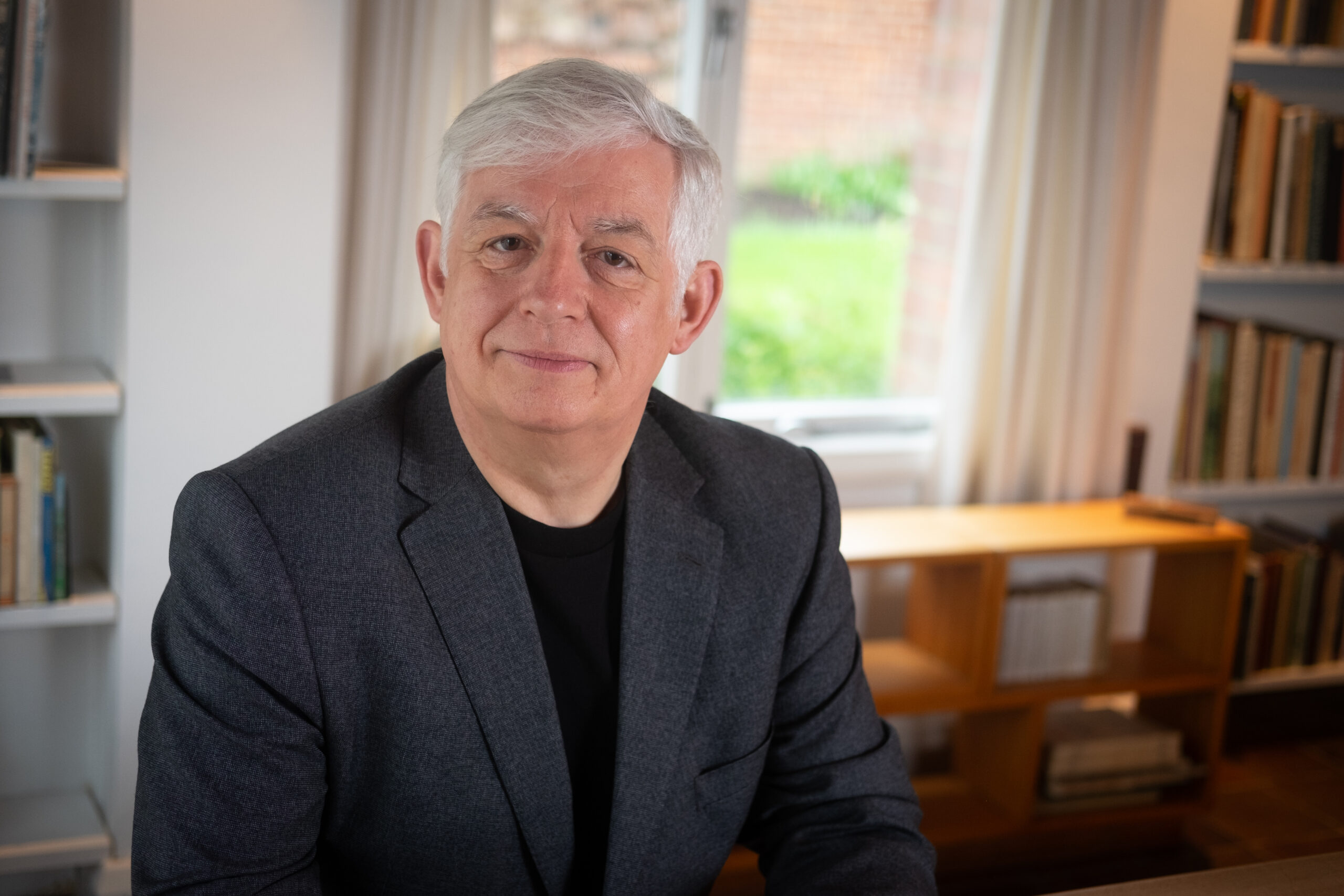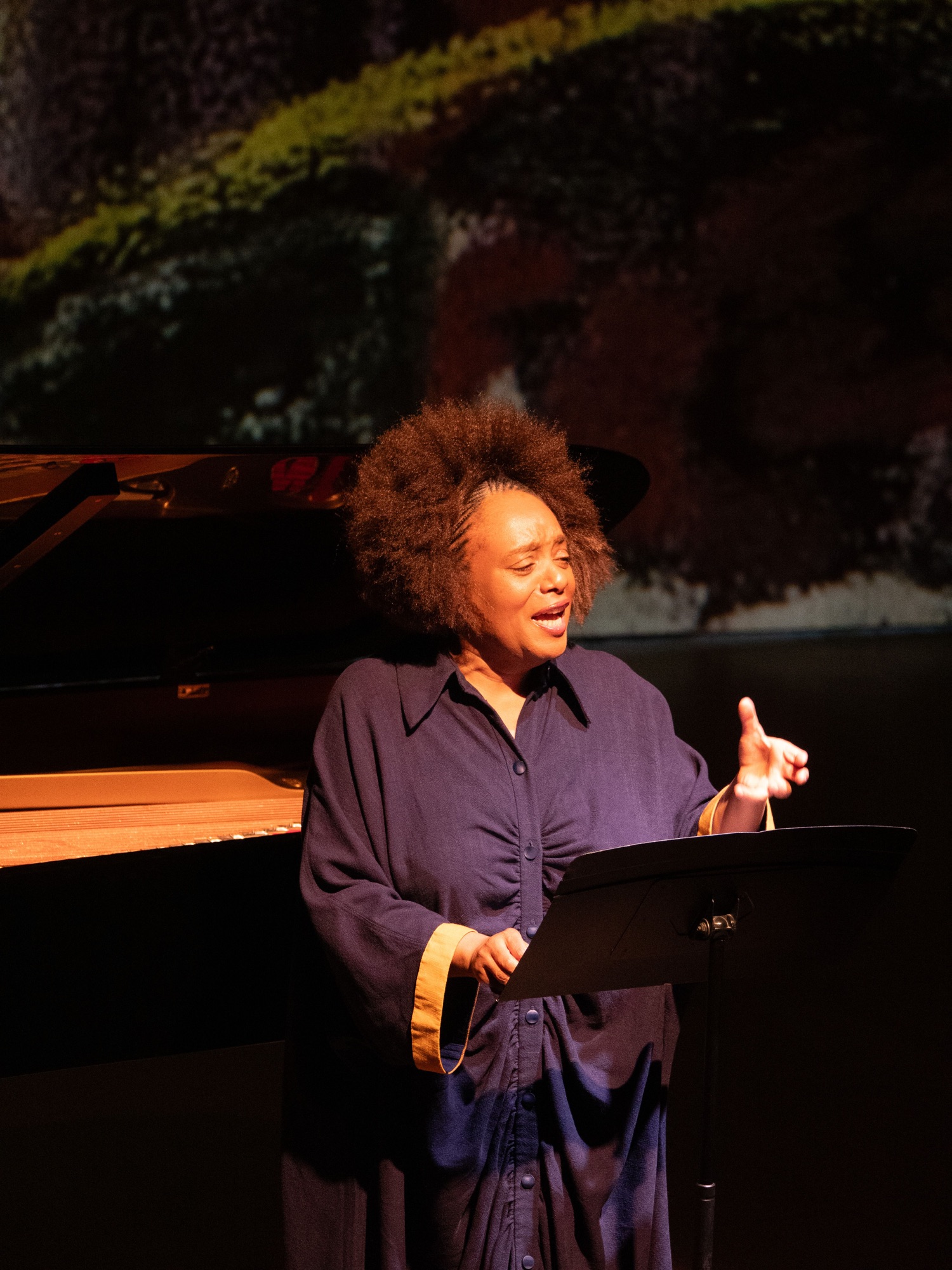Donne’s Equality and Diversity in Global Repertoire report highlights the ongoing gender gap in classical music concert programming.
Amid challenges facing audiences and programmers, the report warns that inaction will result in comlicity and a consolidation of the ‘canon’.
The report calls for a more diverse approach to programming, but are there other factors beyond programming choices that contribute to this gap?
A new report from Donne Women in Music highlights “a disturbing stagnation and regression in the diversity of global orchestral repertoire” The report includes data that details a decline in the representation of women and non-binary composers amongst orchestral concert programmes worldwide, with compositions by men still accounting for over 90% of concert programmes.
The study was carried out by The Donne Foundation who advocate for gender equality in the music industry, supporting anyone who identifies as a woman.
Despite significant efforts made in advocating inclusivity across the industry, Donne’s comparison of 2023-2024 with 2022-2023 seasons reveals a slight decline in the inclusion of repertoire by women and non-binary composers, pointing to systemic biases across the industry. The report challenges industry leaders, programmers and decision makers to shift thinking about how we value and incorporate diverse creatives across the classical music industry.
The report draws on data provided by 111 orchestras across 30 countries, analysing 16327 compositions scheduled for performances.
- 7.5% of compositions were by women (down by 7.7% the year before)
- 5.8% of these were by white women.
- 92.5% of the works scheduled were by men, 89.3% of which were white
There was also a slight increase from 76.4% to 78.4% of works by dead white male composers. The top 10 composers were European, male and dead.
Some of the 21 UK orchestras surveyed emerge ‘better’ than others. Whilst Bournemouth Symphony Orchestra have amongst 138 compositions programmed 2.2% by women, Aurora Orchestra have programmed 23.1%. The London Symphony Orchestra programmed 7.8% compositions by women, whilst the Philharmonia’s percentage is 13%. Whilst BBC orchestras are some of the highest in terms of percentages of compositions written by women might indicate how Radio 3’s broadcast schedule and associated inclusion strategy makes it easier to make more favourable programming choices.

Further afield the figure looks a little different. Unsurprisingly, the Vienna Philharmonic programmed nothing by women in the entire 23/24 season, nor the Czech Philharmonic, the Trondheim Symphony, Japan Philharmonic. The ‘Big Five’ US orchestras (LA Phil, NY Phil, Boston, San Francisco, and Philadelphia) were all much the same level as one another, and a little higher than UK (non-BBC) orchestras.
(Note: not all datasets related to the same length of time in a season, hence percentages have been used here. See the report for more detailed data, and methodologies.)
The report concludes that the data demonstrates “a consolidation of the classical canon, predominantly of historical white men.” Arguably this consolidation had occurred long before even Trinity Laban’s Venus Rising project launched 15 years ago.
The report’s data raises some interesting questions. For example, is what we’re seeing in the fluctuation betwen 22/23 and 23/24 is simply a reflection of season programmes, planned a year in advance, catching up post-COVID staging a number of concerts that had to be cancelled due to the pandemic? What difference might next year’s scheduled programmes reveal?
Donne Founder, soprano Gabriella Di Laccio describes these findings as a missed opportunity. “The overwhelming predominance of historical white male programming is not just a reflection of past biases but a continued endorsement of them.” Clearly stated, inaction for Donne equates to complicity.
However, such innovation comes at a financial risk. Audiences gravitate towards the familiar, evident across all performing arts and even entertainment. The perceived or otherwise unfamiliar is a barrier to purchase for the broader audience. Programming the unfamiliar risks a dent in the box office, an unwanted yet inevitable consequence of a systemic bias which has remained unchallenged for centuries. Is programming the unfamiliar increasing financial risk and placing a greater financial load on marketing and communications to connect with a different audience?
The inaction highlighted in the Donne report may be alternatively seen in the context of the bigger picture: how organisations in the UK at least are responding to the challenging constraints of a reduction in public funding and a sluggish economy.
At a time when potential concert goers have a reduced disposable income, especially amongst those on fixed incomes, and when there’s increased competition for what that money is spent on with options across a range of entertainment, then decision making on ticket purchases is more difficult. The value for money question looms large as a result, so too aversion to risk for both programmers and audience members.
In this way the Donne report might be seen as an early indicator of the impact of the slashing of public budgets, the impact of the economic crisis, and the consequence of a political class indifferent to the value of the arts in general. At a moment of economic uncertainty and financial challenge for so many organisations is now the right time to be introducing more risk?
No reason not to bang the drum. Yet, simply asserting the value of contemporary music amongst audience members isn’t sufficient to raise interest or sell tickets. Nor, is the answer simply to reject that which audiences naturally gravitate to and only focus on contemporary. The challenge facing many groups is adopting a more nuanced approach, balancing both audience engagement with diversity, still recognising what has gone before whilst continuing to call for greater representation of diverse voices. That will demand greater collaboration between marketing and programming, both demanding expert knowledge and experience, in addition to influencing a change of approach to music education.
Donne’s report highlight the complexities of the challenge ahead for not only classical music organisations but the wider arts and education. There are no easy nor quick fixes. This report keeps the issue of inclusion front and centre in the ongoing challenge about change in classical music. Next year’s programmes are already fixed and announced, meaning that any change that happens as a result is unlikely to be evident until 2026, unless of course industry leaders have already pre-empted the findings.
Read the full report via the Donne Foundation website




